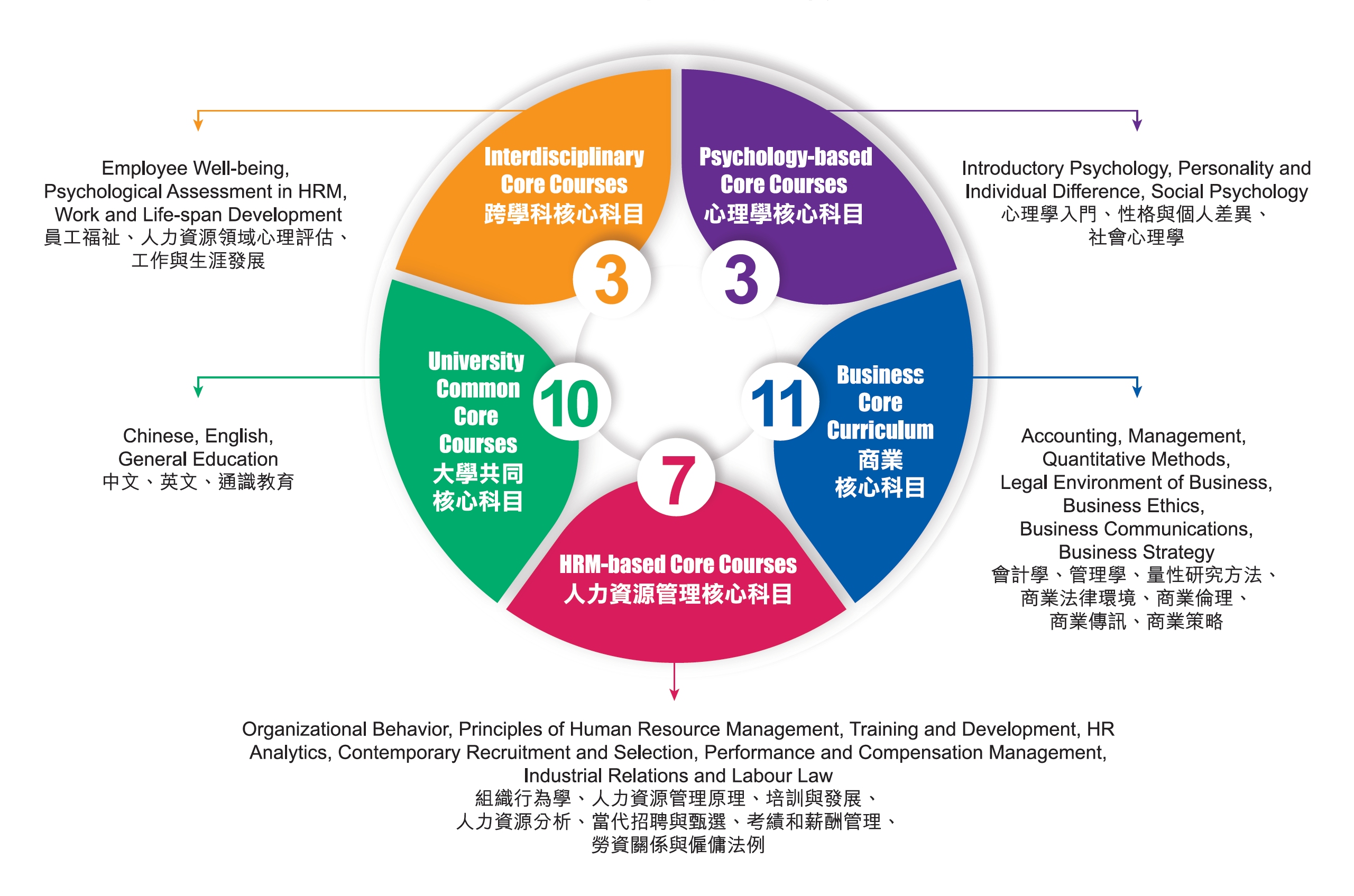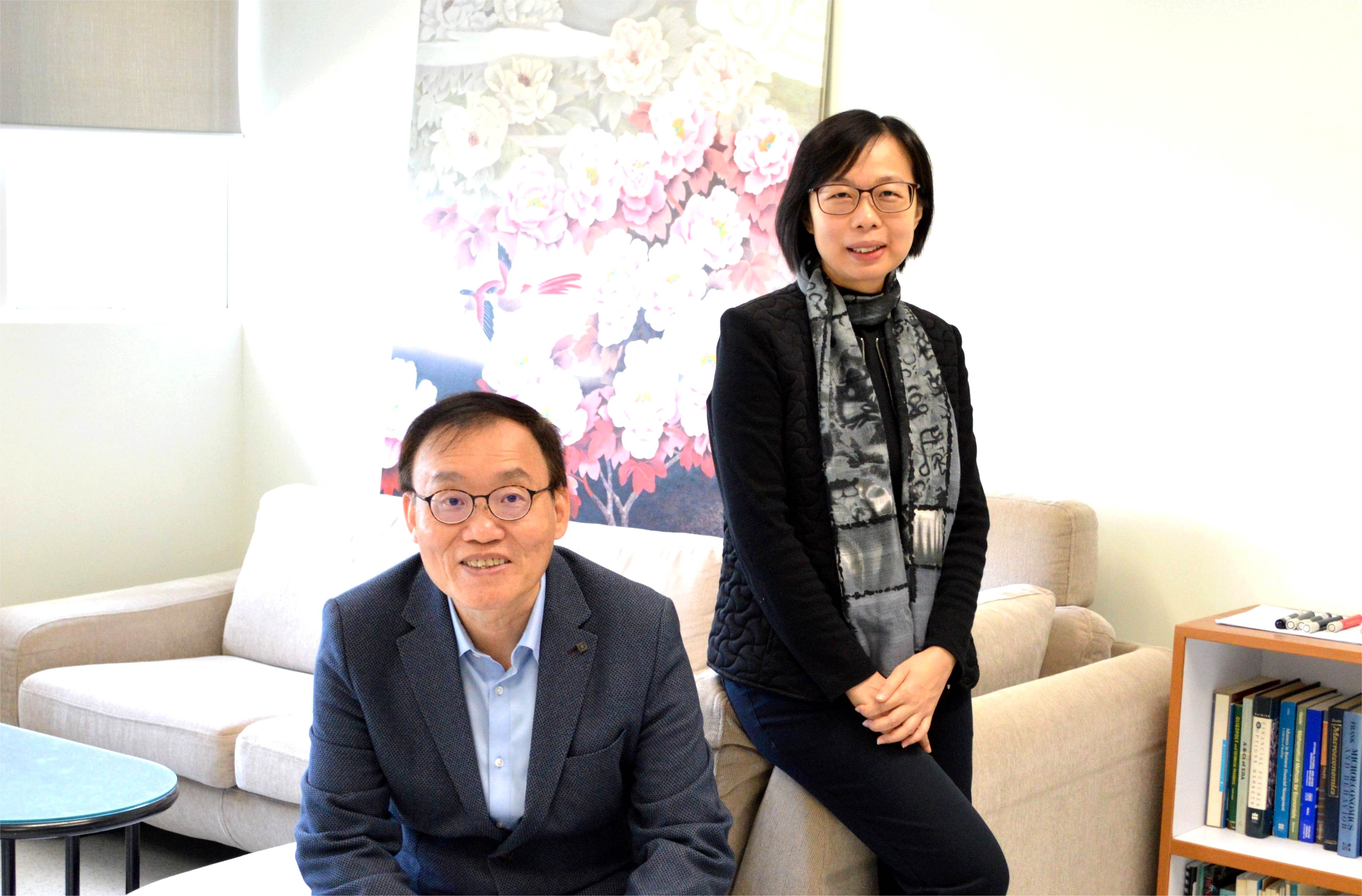If you are eyeing undergraduate study in business administration and interested in exploring the relationship between psychology and people, what better programme to study than the Bachelor of Business Administration (Honours) in Human Resources Management – Applied Psychology (BBA-HRMAP) newly offered by the Department of Business Administration at Hong Kong Shue Yan University (HKSYU).
The BBA-HRMAP programme is unique in bringing knowledge of human resource management (HRM) and applied psychology to solve the complex human resource issues in today’s changing and uncertain workplace, according to Dr. Monica LAW and Dr. Lubanski LAM, Associate Heads of the Department of Business Administration.
In an interview with Shue Yan Newsletter, Dr. Monica LAW said in light of the social, economic and technology changes, human resource personnel are facing new challenges. For example, young employees work with short term or temporary contracts instead of permanent contracts, and want to have greater flexibility at work. Today’s human resource professionals needs to work with such a mixed workforce.
“How to maintain a good relationship between the old and young employees within an organization, and promote the well-being of both of them is a major challenge to human resource professionals. The BBA-HRMAP programme enable students to gain knowledge of HRM as well as key areas of psychology, and equip them with the skills they will need once they leave university.” Dr. LAW said.
Dr. LAW added the core idea of the programme is “caring for people” (仁心為本).
“This is why we put applied psychology into the study of HRM. The first part of the motto of Shue Yan is ‘cultivating virtues of benevolence’ (敦仁), that is, to treat others with respect, always be considerate and kind.” Dr. LAW said.
According to Dr. Lubanski LAM, the interdisciplinary nature of the BBA-HRMAP programme ensures that students can meet the challenge of the future development of HRM.
Students enrolled are required to complete 125 credit units. The programme includes four main areas of core courses:
• HRM-based core courses: Principles of HRM, Organizational Behavior, Human Resource Analytics, Contemporary Recruitment and Selection, Reward Management, Training and Development, Industrial Relations and Labour Law.
• Business core courses: Accounting, Management, Quantitative Methods, Business Research, Business Strategy, Business Communications, Business Ethics, Legal Environment of Business.
• Psychology-based core courses: Introductory Psychology, Personality and Individual Difference, Social Psychology.
• Interdisciplinary core courses: Employee Well-Being, Psychological Assessment in HRM, Work and Life-Span Development.

Besides, students are required to complete university common core courses, including Chinese language, English language and General Education.
“Another key feature of the programme is the provision of practical experience in HRM-related internships.” Dr. LAM said.
In Year 4, every student will be arranged to do a 120-hour placement and write a research report (6 credit units) in the HRM department of a company or an organization so as to develop their HRM and generic skills, and enhance their employability.
Source: May Issue 2020
